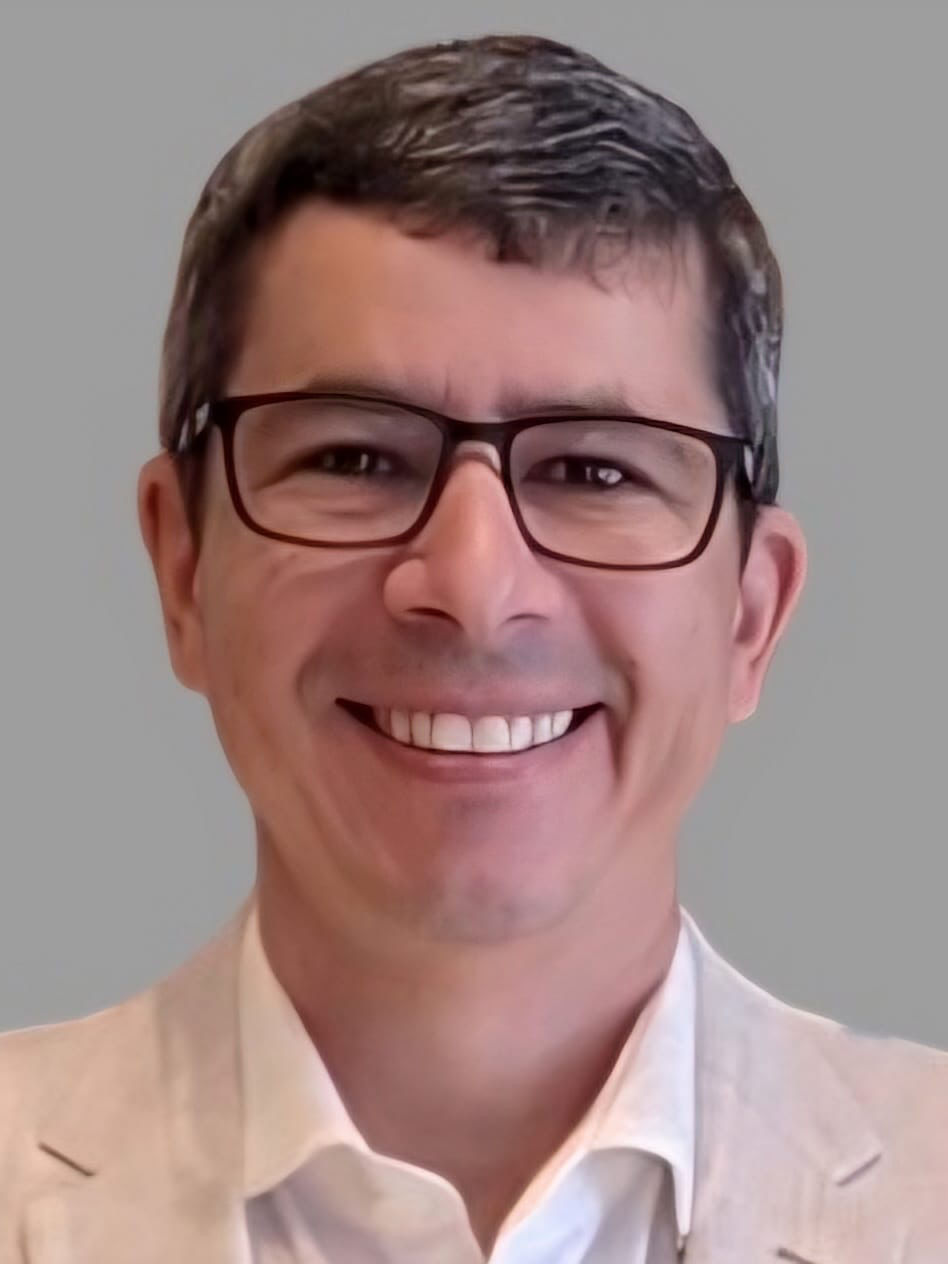
Full Professor at the Department of Hydraulic and Environmental Engineering at the Federal University of Ceará (UFC). He has a PhD in Environmental Sciences (Wageningen University, Netherlands, 2005), Master’s degree in Civil Engineering/Environmental Sanitation (UFC, Brazil, 2001), Specialization in Ecological Sanitation (Stockholm Environment Institute, Sweden, 2008) and Degree in Civil Engineering with Magna distinction cum Laude (UFC, Brazil, 1998). He is a level 1B researcher at CNPq, with several national and international awards. It participates in/coordinates national and international research projects, such as, some of which are currently prominent, the Research Network on emerging technologies for sewage treatment through aerobic granulation and photobioreactors (TrataRe+, coordinator), National Institute of Science and Technology in Sustainable Sewage Treatment Plants (INCT ETEs Sustainable, deputy-coordinator), Research and innovation network in renewable energies in Ceará (Rede Verdes, member) and Research network for monitoring antibiotic-resistant bacteria and antimicrobial resistance genes in sewage (ReViRAE, deputy coordinator ). He is Editor-in-Chief of the Journal of Sanitary and Environmental Engineering (Revista ESA) of the Brazilian Association of Sanitary and Environmental Engineering (ABES), Editor-in-Chief of the Technical Bulletins in Sanitary and Environmental Engineering (CTESA) of ABES, Associate Editor of the Journal of Environmental Chemical Engineering (Elsevier) and Journal of Hazardous, Toxic, and Radioactive Waste (ASCE). He is also a member of the editorial or ad hoc board of relevant Sanitary and Environmental Engineering journals or national and international funding agencies. He has worked mainly in domestic and industrial sewage treatment, bioenergy, environmental biotechnology, reuse, resource recovery, solid waste, environmental studies, basic sanitation management, and sewage-based epidemiology. He has also been a consultant for public and private companies for almost 25 years.


